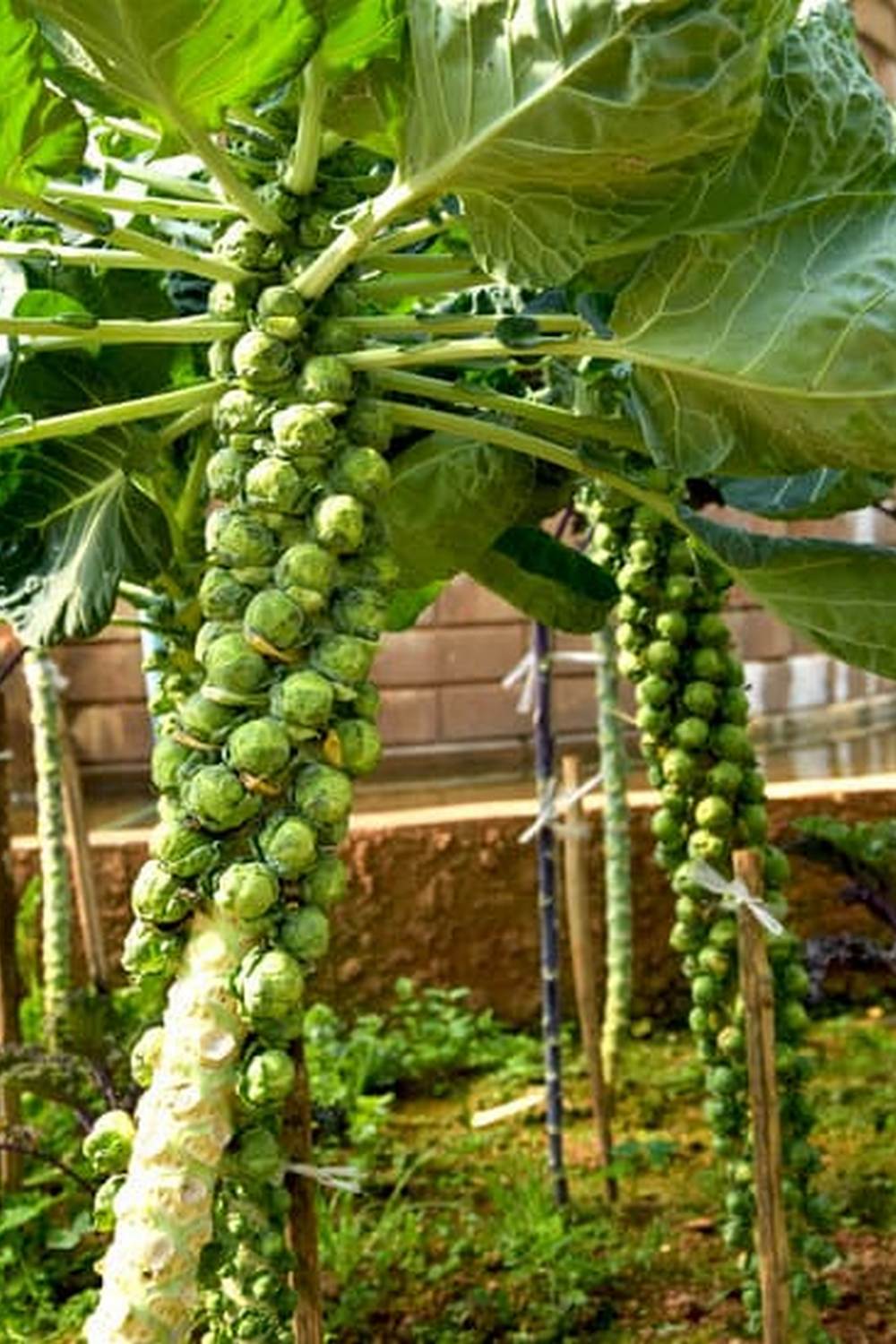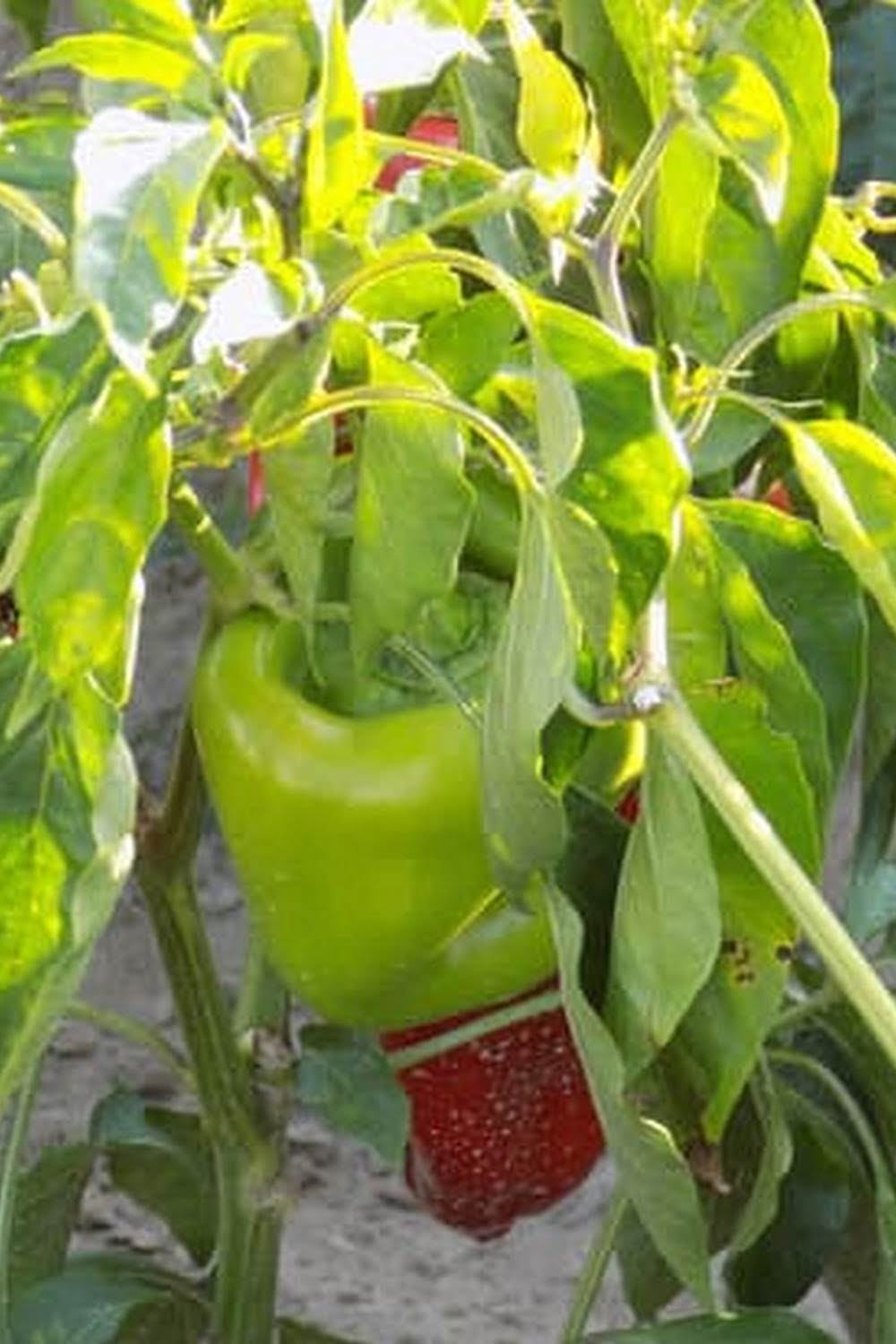Galvanized steel is a versatile material known for its durability and resistance to corrosion, making it a popular choice for various applications. However, the question arises: is it okay to use galvanized steel in vegetable gardens? While galvanized steel is commonly used in construction and industrial settings, there is some controversy surrounding its suitability for gardening purposes.
When considering the benefits of using galvanized steel in vegetable gardens, durability and longevity stand out as key advantages. This material can withstand harsh weather conditions and last for years without deteriorating, making it a cost-effective option compared to other materials. Additionally, its resistance to corrosion and rust ensures that garden beds made from galvanized steel will remain sturdy over time.
Despite these advantages, potential risks associated with using galvanized steel in vegetable gardens cannot be overlooked. The presence of toxic chemicals such as zinc and cadmium in the coating of galvanized steel raises concerns about leaching into the soil and potentially affecting plant growth. Furthermore, there are health concerns related to consuming vegetables grown in beds made from galvanized steel due to the risk of contamination.
Benefits of Using Galvanized Steel in Vegetable Gardens
Galvanized steel is a popular choice for various construction projects due to its durability and resistance to corrosion. When it comes to vegetable gardens, using galvanized steel can also offer several benefits that make it an attractive option for garden beds.
- Durability and Longevity: One of the key advantages of using galvanized steel in vegetable gardens is its durability. Galvanized steel is coated with a protective layer of zinc, which helps prevent rust and corrosion, extending the lifespan of the material.
- Cost-Effectiveness: In comparison to other materials like wood or stone, galvanized steel can be a cost-effective choice for building raised bed gardens. The initial investment may be higher, but the long-term durability and minimal maintenance required can make it a cost-efficient option.
- Resistance to Corrosion and Rust: Galvanized steel is known for its resistance to rust and corrosion, which is especially important in environments where moisture levels are high, such as vegetable gardens. This means that gardeners can worry less about their garden beds deteriorating over time.
While the benefits of using galvanized steel in vegetable gardens are significant, gardeners should also be aware of potential risks associated with this material before making a decision on whether to use it in their garden beds. Before proceeding with galvanized steel, gardeners must weigh these pros and cons carefully based on their specific needs and preferences.
The question “Is It Okay to Use Galvanized Steel in Vegetable Gardens?” requires consideration from both a practical and health standpoint. Understanding the advantages of using galvanized steel can help gardeners make an informed decision when designing their vegetable gardens.
Potential Risks of Using Galvanized Steel in Vegetable Gardens
Galvanized steel is a popular material for various applications due to its durability and resistance to corrosion. However, when it comes to using galvanized steel in vegetable gardens, there are potential risks that need to be considered.
One of the main concerns is the presence of toxic chemicals such as zinc and cadmium in the galvanized coating. These heavy metals can leach into the soil over time, posing a risk to plant growth and potentially affecting the health of those consuming the vegetables grown in these beds.
Research has shown that elevated levels of zinc and cadmium in the soil can have negative impacts on plants, inhibiting their growth and nutrient uptake. Additionally, there are health concerns regarding the consumption of vegetables that have been grown in soil contaminated with these heavy metals.
While some studies suggest that the risk of toxicity from galvanized steel may be low when used properly, it is important for gardeners to be aware of these potential risks and take precautions to minimize exposure.
To mitigate the risks associated with using galvanized steel in vegetable gardens, there are several best practices that can be implemented. One approach is to prepare the steel before use by washing it thoroughly with vinegar or citric acid solutions to help remove any excess zinc on the surface.
Another strategy is to implement a barrier between the soil and the galvanized steel, such as lining the bed with plastic or placing a geotextile fabric underneath. Regular monitoring of soil pH and metal levels can also help ensure that any leaching issues are detected early on.
| Concerns | Recommendations |
|---|---|
| Toxic chemicals like zinc and cadmium present | Wash steel with vinegar or citric acid before use |
| Risk of leaching into soil affecting plant growth | Implement barriers like plastic lining or geotextile fabric |
| Health concerns related to consuming contaminated vegetables | Monitor soil pH and metal levels regularly |
Research and Studies on the Safety of Galvanized Steel in Vegetable Gardens
Galvanized steel is a popular choice for various applications due to its durability, cost-effectiveness, and resistance to corrosion. However, the question of whether it is okay to use galvanized steel in vegetable gardens has sparked controversy among gardeners and experts. The concern stems from the potential risks associated with the presence of toxic chemicals such as zinc and cadmium in galvanized steel, which may leach into the soil and affect plant growth.
Research and studies have been conducted to determine the safety of using galvanized steel in vegetable gardens. Past studies have shown that there is a risk of zinc and other harmful substances leaching into the soil from galvanized steel, potentially impacting plant health. Experts have expressed concerns about the long-term effects of these chemicals on both plants and human health, particularly when consuming vegetables grown in galvanized steel beds.
Despite these concerns, current regulations and guidelines provide some recommendations for safely using galvanized steel in vegetable gardens. It is important to prepare the steel properly before use to minimize leaching, as well as implementing a barrier between the soil and the steel. Regular monitoring of soil pH and metal levels is also advised to ensure that plant growth is not negatively affected by any potential contamination.
- Ensure proper preparation of galvanized steel before use
- Implement a barrier between soil and steel
- Regularly monitor soil pH and metal levels
Best Practices for Using Galvanized Steel in Vegetable Gardens
Galvanized steel is a popular choice for constructing garden beds due to its durability, cost-effectiveness, and resistance to corrosion. However, there is a debate regarding its safety for growing vegetables. So, is it okay to use galvanized steel in vegetable gardens? While some experts caution against it due to the potential risks of toxic chemical leaching, others believe that with proper precautions, it can be used safely.
One of the best practices for using galvanized steel in vegetable gardens is to prepare the steel before use to minimize leaching. This can be done by washing the steel with a vinegar solution or allowing it to weather outdoors for a few weeks before planting.
Additionally, implementing a barrier between the soil and the steel can further reduce the risk of chemicals leaching into the soil. Using a geotextile fabric or lining the inside of the bed with plastic are effective methods to create this barrier.
Regular monitoring of soil pH and metal levels is essential when using galvanized steel in vegetable gardens. Testing the soil periodically can help detect any changes in metal concentrations that may affect plant growth. Adjusting pH levels as necessary and being proactive in addressing any issues can ensure that your plants remain healthy and free from potential contaminants. By following these best practices, gardeners can mitigate risks associated with using galvanized steel while enjoying its benefits.
| Benefits | Details |
|---|---|
| Durability and longevity | Galvanized steel is known for its long lifespan and ability to withstand harsh conditions. |
| Cost-effectiveness | Compared to other materials like cedar or composite boards, galvanized steel tends to be more budget-friendly. |
| Resistance to corrosion | The zinc coating on galvanized steel protects it from rusting over time. |
Alternatives to Galvanized Steel for Vegetable Gardens
Other Types of Steel for Gardening
When considering alternatives to galvanized steel for vegetable gardens, there are other types of steel that are safer and can be used without the risk of harmful chemical leaching. Stainless steel and powder-coated steel are viable options for garden beds.
Stainless steel is known for its resistance to corrosion and durability, making it a suitable choice for long-term use in vegetable gardens. Powder-coated steel, on the other hand, offers a visually appealing finish while providing protection against rust and corrosion.
Wood, Plastic, or Stone Options
In addition to different types of steel, alternative materials such as wood, plastic, or stone can also be used for vegetable garden beds. Wood is a popular choice among gardeners due to its natural look and ease of customization. Cedar or redwood are commonly recommended as they are naturally resistant to decay and insects.
Plastic garden beds are lightweight, easy to assemble, and do not leach chemicals into the soil. Stone raised beds add a decorative element to the garden while providing excellent drainage and insulation for plant roots.
Pros and Cons of Each Alternative Material
Each alternative material for vegetable garden beds has its own set of pros and cons to consider. Stainless steel offers durability but may come with a higher price tag. Wood provides a natural aesthetic appeal but requires maintenance over time. Plastic is affordable and low-maintenance but may not be as durable as other materials. Stone adds visual interest but can be heavy to work with during installation.
Case Studies of Vegetable Gardens Using Galvanized Steel
Real-Life Examples of Gardeners Using Galvanized Steel
In various regions, gardeners have utilized galvanized steel in their vegetable gardens with varying degrees of success. One notable example is the Smith family in Ohio, who installed raised garden beds made of galvanized steel to combat the frequent issue of corrosion from the damp climate.
Despite initial concerns about potential chemical leaching into the soil, the Smiths found that by following proper preparation steps and regular monitoring of metal levels, their vegetable crops thrived without any visible negative effects. The durability of the material also allowed their garden beds to withstand harsh weather conditions over multiple growing seasons.
Challenges Faced and Solutions Implemented
While some gardeners may experience challenges when using galvanized steel in their vegetable gardens, proactive measures can help mitigate these issues. One common challenge is the buildup of zinc or cadmium in the soil over time, leading to potential toxicity for plants.
To address this, gardeners like the Nguyen family in California have implemented a barrier between the soil and the galvanized steel, such as lining the inside of raised beds with a waterproof membrane. By taking this extra step, they were able to enjoy the benefits of using galvanized steel while reducing the risk of harmful chemical exposure to their crops.
Impact on Plant Growth and Vegetable Yield
Despite concerns surrounding the use of galvanized steel in vegetable gardens, many growers have reported positive outcomes regarding plant growth and yield. The Johnsons in Texas shared their experience with incorporating galvanized steel trellises into their tomato garden, noting that they observed no detrimental effects on fruit production or plant health.
In fact, they found that the sturdy structure of galvanized steel provided excellent support for tall tomato plants and improved air circulation around them. This case study highlights how proper installation and maintenance practices can lead to successful outcomes when using galvanized steel in vegetable gardens.
Conclusion
In conclusion, the debate over whether it is okay to use galvanized steel in vegetable gardens revolves around weighing the benefits against the potential risks. While galvanized steel offers durability, longevity, and resistance to corrosion at a cost-effective price point, there are concerns about the presence of toxic chemicals like zinc and cadmium that may leach into the soil and affect plant growth. Additionally, health concerns arise regarding consuming vegetables grown in galvanized steel beds.
Research and studies on the safety of galvanized steel in vegetable gardens have produced mixed results. While some experts argue that with proper preparation and monitoring, using galvanized steel can be safe, others advocate for alternative materials that pose fewer risks. Current regulations and guidelines provide some direction for gardeners considering using galvanized steel but leave room for individual discretion.
Ultimately, the decision to use galvanized steel in vegetable gardens should be based on informed choices tailored to each gardener’s specific needs and concerns. Implementing best practices such as prepping the steel before use, creating a barrier between the soil and the metal, and regularly monitoring soil pH and metal levels can help mitigate some risks.
However, exploring alternative materials like safe steels or wood/plastic/stone options may offer a more secure gardening environment. It is crucial for gardeners to prioritize both plant health and personal well-being when considering whether or not to use galvanized steel in their vegetable gardens.
Frequently Asked Questions
Is Galvanized Steel Safe for a Vegetable Garden?
Galvanized steel can introduce zinc and other trace elements into the soil, which can be harmful to plants and people in high concentrations. It is generally not recommended for vegetable gardens, especially if acidic soil is present.
What Metal Is Safe for Raised Garden Beds?
When considering safe metals for raised garden beds, options like aluminum, stainless steel, and untreated natural steel are preferable over galvanized steel. These metals are less likely to leach harmful chemicals into the soil and are considered safer for growing edibles.
Can You Make Galvanized Steel Food Safe?
While it is possible to make galvanized steel food-safe through a process called passivation, where a protective layer is added to prevent zinc from leaching into food or soil. However, this may require professional treatment and maintenance to ensure continued safety, making it less practical for home gardeners.

If you’re looking to get into vegetable gardening, or are just looking for some tips on how to make your current garden better, then you’ve come to the right place! My name is Ethel and I have been gardening for years. In this blog, I’m going to share with you some of my best tips on how to create a successful vegetable garden.





